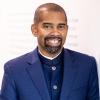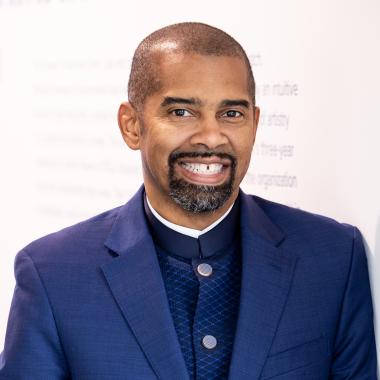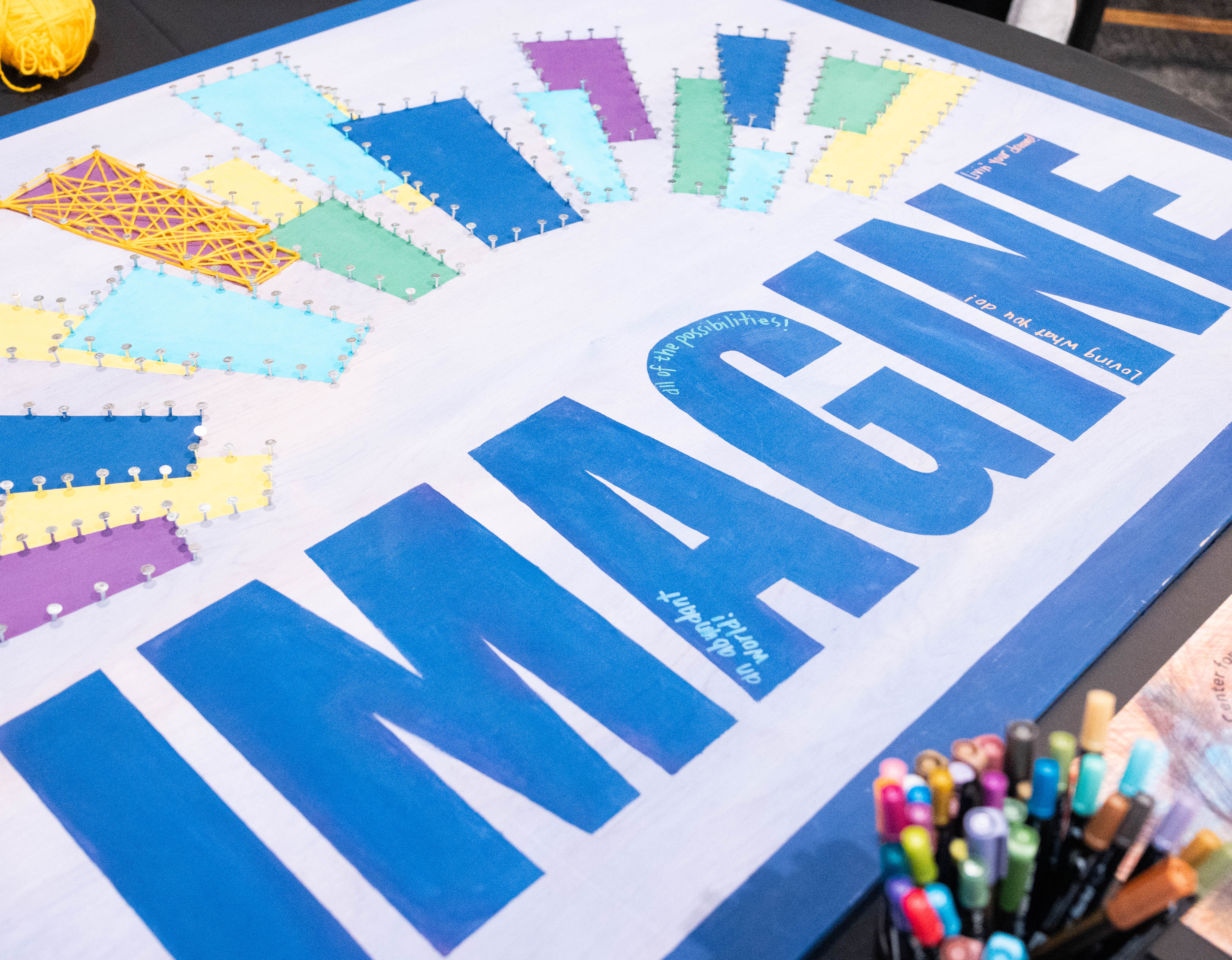What’s in Store for NCG? Three CEOs Consider the Future
This month, President and CEO Dwayne S. Marsh has officially taken the reins from Steve Barton and Phuong Quach, senior staff who’ve served as NCG’s interim leaders for the past six months. The three took turns answering questions about the moment in which we find ourselves and the possibilities ahead. As the interview was drawing to a close, Dwayne paused to check if we were going to address race explicitly. And so, signaling the new future into which we are stepping, we did.
What is one thing Dwayne should know about the past months that might surprise him?
Phuong: It may be surprising to know we have done more these past months than we've ever done in my time at NCG. We've been cranking out programs, developing new partnerships, being on the front line of some of the biggest issues affecting our community. We were some of the first ones out there to activate our response to the wildfires, and right now we are working with the Governor’s Office to bring attention to the philanthropic response and opportunities to help.
How has your experience of the pandemic and the uprising influenced how you think about the opportunity of this moment?
Dwayne: I've been observing how desperately we need our best selves, and not just at the level of individual organizations, but entire sectors, to change the trajectory for our country. When I think about the role that philanthropy has historically played—as a mediating institution, as an innovator, as an enticer of larger resources to energize good ideas and transform society—I don't think NCG’s role has ever been more important than it is right now. So the question is, how do we as an organization become our best self so that the philanthropic sector in Northern California can be its best self and nothing less?
What seems possible now, that perhaps felt less so before?
Steve: There is an opportunity to move on the big issue facing us today, racial justice, which lays at the root of so many of the challenges our communities face. If you look at education, economic opportunity, housing, all of that resides within structural racism. On one side, there is something about this time that feels different. On the other, a recent survey seemed to suggest that even in this moment, many funders don't know what to do. In the absence of a framework, or a specific strategy, they may do nothing. Or they may do very little. That's an indication of where we clearly need to be. To educate, lead, and even push the sector to do more.
What's changed and what stayed the same?
Phuong: Moving our in-person events online has opened the door to folks in Humboldt, Carmel, and Santa Cruz counties to actively engage in ways that haven’t been possible in the past. It’s created more of the geographic reach we've always wanted.
Is there anything you learned about what you like and don't like to do?
Phuong: Being a nonprofit CEO is hard. But I don't know any way other than the crazy way we've done it. Having Steve as a partner in crime has been extremely helpful; I don't know how one person would have managed this transition without a strong partner.
Dwayne: I don't need to hear that you ‘don't know how one person would manage this job.’ [laughs]
Phuong: Well, we were also trying to do our other jobs at the same time. I learned we need to give people the support they feel they need, not guess what we think they need.
Steve: People felt strongly about issues, and positions that the organization should take. How might we be inclusive of folks who need to be able to express the things that they are feeling and experiencing?
This experience couldn't have been more different than what we thought we had signed up for, which was primarily keeping things steady until we had new leadership. It has been more expansive and challenging. As Phuong says, we’ve stepped into some spaces that we weren't accustomed to being in as an organization, but that jumpstarts the work that we now face in an environment that's very different from what it looked like in February.
We took more positions in this period then we have, at least on an annual basis, in previous years. From a policy perspective, we have been stronger in our language. We have really led with our values and beliefs. That is a result of what people are experiencing, what they're feeling, and what they're expressing within the organization as well as externally.
What excites you about working with Dwayne?
Steve: With Dwayne’s presence it's possible to ‘make real’ in this moment the leadership our members have asked us for in achieving racial equity. That's what leadership can offer.
What excites you about working with Steve and Phuong?
Dwayne: I believe our organization will move as far as its staff can take it and as far as the field will let us. The caliber of character and expertise that's evident from the leadership they've shown over the last six months—many organizations would have stumbled absent a CEO for that period of time—we owe a debt to them for navigating the organization through extraordinary times. If you're not struggling in this moment, you're not doing the work.
Steve mentioned equity—but we didn't really talk about racial equity, and I think it'd be worth discussing.
In this moment of reckoning, what is the opportunity for NCG, under your leadership, and with the momentum and support of the organization, to advance the calls for racial justice?
Dwayne: I want to touch the word that you used in the question, of reckoning. As philanthropy, we have the extraordinary privilege of investing resources to try to improve our communities and change the world. We are accountable to our values and beliefs, and to what a better country will look like, or a better civilization for that matter. This is a moment of reckoning around race. We need to be able, as a sector, to provide some leadership, some solutions, and some answers. Otherwise, we can do perfectly good work without touching the question of race, but we will return to this reckoning. Until we solve for race in our society, we won't have the society we want to create.
Our role as NCG is to provide leadership: a place for conversation and a place, more importantly, for action that models, as challenging as it may be, taking on the question of race in our philanthropy. It really is our highest best selves. If we can be seen as a place to do that, we're doing our job well. It doesn't mean it'll be easy, but it means we're making the greatest contribution we can make that society needs in this moment.
What do you miss most from before we started sheltering in place and what will you never do again once it's over?
Dwayne: The thing I miss from the before times is random drop-bys. My wife and I have friends who often just came by because they were passing our home in Oakland. A thing I will never do again after the sheltering is over is going two hours without washing my hands.
Steve: Travel. That's the thing I look forward to doing once it’s over. When it's really over, I look forward to going out without my glasses getting fogged up. I’ll miss being able to pick up takeout at all kinds of restaurants that never offered it before. I’ll be upset if that disappears.
Phuong: I'm gonna miss spending most days in yoga pants. It’s been kind of lovely.




